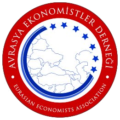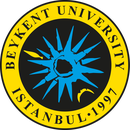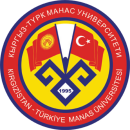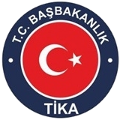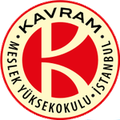
International Conference on Eurasian Economies
10-12 July 2017 – Istanbul, TURKEY
Paper detail
Paper ID : 1848
Status : Paper published
Language : Turkish
Topic : Regional Economics
Presenter: İlgar Riyazi
Session : 1D Bölgesel Çalışmalar
Dutch Disease and Iranian Economy: Has Orientation to Compulsory Autarky Suppressed the Disease?
Hollanda Hastalığı ve İran Ekonomisi: Zorunlu Otarşiye Yönelim Hastalığı Baskıladı mı?
- İlgar Riyazi (Atatürk University, Türkiye)
- Asst. Prof. Dr. Dilek Özdemir (Atatürk University, Türkiye)
- Asst. Prof. Dr. Aslı Cansın Doker (Erzincan Binali Yildirim University, Türkiye)
- Prof. Dr. Ömer Selçuk Emsen (Atatürk University, Türkiye)
Abstract
The discovery of natural resources and its impact on the increase in export revenues is highly likely to affect production, consumption and foreign trade relations of non-natural resources sectors. The inertia condition created by the resource exploration is defined as the curse of natural resources. Additionally, the curse of the resources reveals negative repercussions such as the Dutch Disease, rent-seeking, overconfidence and neglect education. Within this aspect, the Dutch disease can be defined as a mechanism emerging through the discovery of natural resources and its exports, which causes negativity in other export products. As the disease will be expected to come out, war and embargo practices can also be considered to be self-sufficiency in diversity in the local/national economy. In this framework, it is discussed in this study, whether Iran falls to the Dutch Disability, or it is organized by external forces the period between 1980 and 2014. According to findings obtained from the time series analyzes, the natural resource richness was determined in Iran if the presence of the Dutch disease is not strong. In recent years, however, it can be said that the weakness of the disease has led to the war and embargo that Iran experienced especially in self-sufficiency.
JEL codes: Q31, Q34, C22
Riyazi, İlgar, Özdemir, Dilek, Doker, Aslı Cansın, Emsen, Ömer Selçuk (2017). "Dutch Disease and Iranian Economy: Has Orientation to Compulsory Autarky Suppressed the Disease?" in Proceedings of International Conference of Eurasian Economies 2017, pp.459-468, Istanbul, TURKEY.
DOI: https://doi.org/10.36880/C08.01848
Session 1D: Bölgesel Çalışmalar
